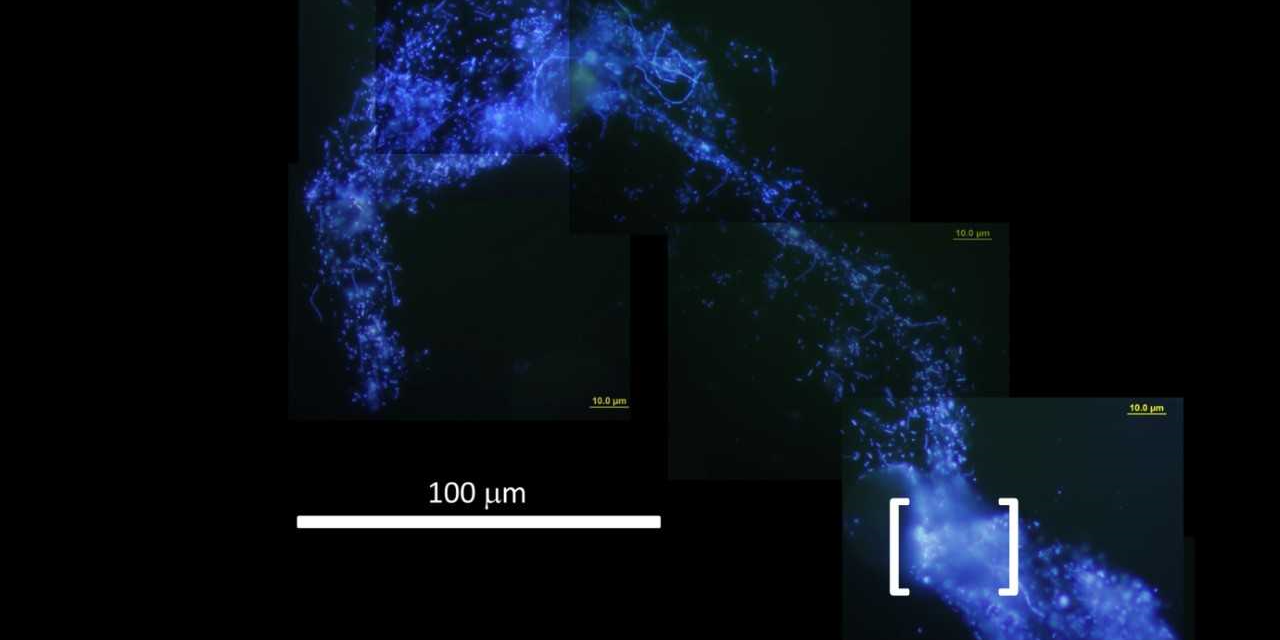Description: Export of organic matter produced in the sunlit surface waters into the ocean’s interior removes about one third of the anthropogenically produced carbon dioxide. The amount of organic matter sinking into the deep ocean, however, is not sufficient to support the carbon demand of the heterotrophic food web in the ocean’s interior as revealed by several studies. Consequently, the oceanic carbon budget cannot be closed. Recently, we identified a hitherto unrecognised non-sinking, non-living particulate organic matter (POM) pool in the dark ocean with rather stable concentrations throughout the water column. This particle pool has not yet been considered in the deep-sea carbon budgets. Its origin and fate remain enigmatic as well as its nutritional role for the deep-sea biota. We aim at deciphering the compositional differences between the sinking and non-sinking detrital POM and compare their properties with that of the dissolved organic matter using state-of-the-art methods including proteomics. Specific focus will also be put on the composition and activity of the particle-associated biota in the ocean’s interior. We will analyse, for the first time ever, the composition of the biota and the biogeochemistry of these two classes of detrital particles in the deep North Atlantic. The results of NEREIDES will help elucidating the origin and fate of these enigmatic suspended particles and allow testing a major unresolved aspect in deep-sea biogeochemistry, i.e., whether these suspended particles provide the missing carbon to resolve the current mismatch in our measurements between organic carbon supply and demand of the heterotrophic deep-sea biota. The obtained results will form the base to model the dynamics of the non-sinking particles in the ocean on an ocean basin scale. Thus, NEREIDES will fill a major knowledge gap in the oceanic carbon cycling.
Collaborators: Zihao Zhao, Chie Amano, Theres Koch (University of Vienna)
Duration: 5 years (2024-2029)
